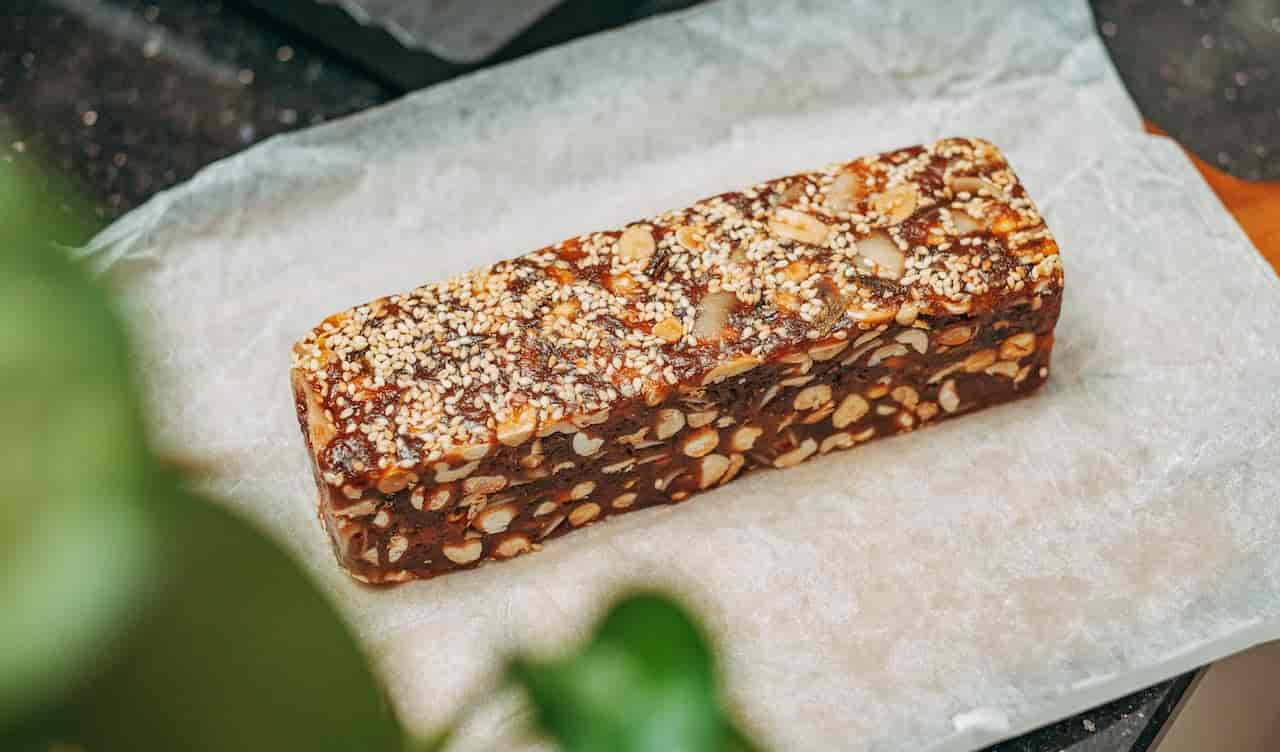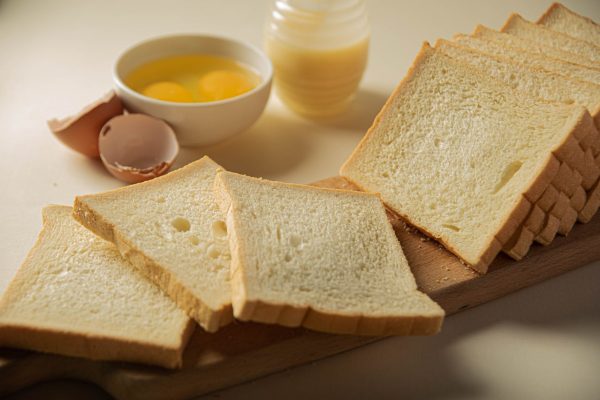Added sugar has been linked to many serious diseases, including obesity, heart disease, diabetes, and cancer.
Fortunately, there are many ways to sweeten foods without adding sugar. There are many natural sweeteners that people often use instead of sugar. These include coconut sugar, honey, maple syrup, and molasses. While these natural sweeteners may contain more nutrients than regular sugar, your body still metabolizes them the same way.
The natural sweeteners listed below are slightly ‘less bad’ than regular sugar. Nevertheless, they are still forms of sugar.
Why sugar is bad for you
Sugar interferes with your body’s hormones that regulate hunger and satiety. This can lead to increased calorie intake and weight gain. It also impairs your metabolism, which can lead to increased insulin and fat storage. In fact, many studies have found a strong link between sugar and obesity. Simply put, people who consume the most sugar are much more likely to become overweight or obese than those who consume the least. High sugar intake is also associated with some of the world’s deadliest diseases, including heart disease, diabetes, and cancer.
Stevia
Stevia is a natural sweetener extracted from the leaves of a South American shrub scientifically known as Stevia rebaudiana. It contains zero calories and is not associated with weight gain. Several studies show that stevioside, which is one of the sweetening compounds of stevia, can reduce high blood pressure by 6–14%. It has also been shown to lower insulin and blood sugar levels, which can help fight diabetes.
It is worth noting that the two different sweetener compounds extracted from the stevia plant—stevioside and rebaudioside A—have slightly different tastes. Products labeled “stevia” may contain one or both of the above compounds in varying amounts. This is why some varieties taste better than others.
Xylitol
Xylitol is a sugar alcohol, with a sweetness similar to sugar. It is extracted from corn or Finnish birch wood and is found in many fruits and vegetables. Xylitol contains 2.4 calories per gram, which is 40% fewer calories than sugar. It also does not increase sugar or insulin levels. Xylitol is generally tolerated, but its consumption can cause side effects in the digestive system such as bloating and diarrhea.
Erythritol
Like xylitol, erythritol is a sugar alcohol that contains even fewer calories. Erythritol contains 0.24 calories per gram and 6% of the calories of regular sugar. Your body does not have the enzymes to break down erythritol, so most of it is absorbed directly into your bloodstream and excreted unchanged in your urine. Therefore, it does not appear to have the harmful effects of regular sugar. In addition, erythritol does not increase blood sugar, insulin, cholesterol, or triglyceride levels. Studies conducted show that its consumption is safe for the human body and has no side effects.

Coconut sugar
Coconut sugar comes from the sugary liquid that circulates in the coconut plant. It contains some nutrients, such as iron, zinc, calcium, and potassium, as well as antioxidants. However, coconut sugar is still very high in calories and contains the same number of calories as regular sugar.
Honey
Honey contains trace elements of vitamins and minerals, as well as an abundance of beneficial antioxidants. Eating honey can help increase the levels of antioxidants in your blood. High levels of antioxidants in the blood are associated with a lower risk of disease. In fact, honey has been shown to improve several disease risk factors. One study found that consuming honey for eight weeks significantly reduced “bad” LDL cholesterol and blood triglycerides in people with diabetes. It also increased the ‘good’ HDL cholesterol.
However, in the same study, an indicator of blood sugar levels called HbA1c increased, which is not good. Another study found that consuming honey reduced levels of C-reactive protein (CRP), a measure of inflammation. It also lowers homocysteine , another blood marker associated with the disease. In addition, both studies showed that honey had slightly less harmful effects on blood sugar levels and metabolism than regular sugar.
Maple syrup
Maple syrup is a thick, sugary liquid produced by cooking the sap of maple trees. It contains a good amount of minerals such as calcium, potassium, iron, zinc, and manganese. It also contains at least 24 different types of antioxidants. Two test-tube studies have shown that maple syrup may also have anti-cancer benefits, but more research is needed to confirm this. While maple syrup contains some beneficial nutrients and antioxidants, it is very high in sugar. It has a lower glycemic index than regular sugar, but it still raises blood sugar levels. Like coconut sugar and honey, maple syrup is a slightly better option than regular sugar but should be consumed in moderation.
Molasses
Molasses is a sweet, brown liquid, that has a thick consistency like syrup. It is made from boiled sugar cane or sugar beet juice. It contains an increased amount of vitamins and minerals , as well as various antioxidants. In fact, molasses contains more antioxidants than honey and maple syrup. Additionally, its high potassium and calcium content may benefit bone and heart health.
Sugar substitutes to avoid
Agave Nectar
Agave nectar is produced by the agave plant. It’s often promoted as a healthy alternative, but it’s probably one of the unhealthiest sweeteners on the market. It consists of 85% fructose, which is higher than regular sugar. As previously mentioned, high amounts of fructose are closely linked to obesity and other serious diseases.
High fructose corn syrup
High-fructose corn syrup (HFCS) is a sweetener made from corn syrup. It is commonly used to sweeten processed foods and soft drinks. As its name suggests, it contains a lot of fructose. It can increase the risk of weight gain, obesity, diabetes, and other serious diseases such as cancer. It is just as harmful as sugar and should be avoided at all costs.


















